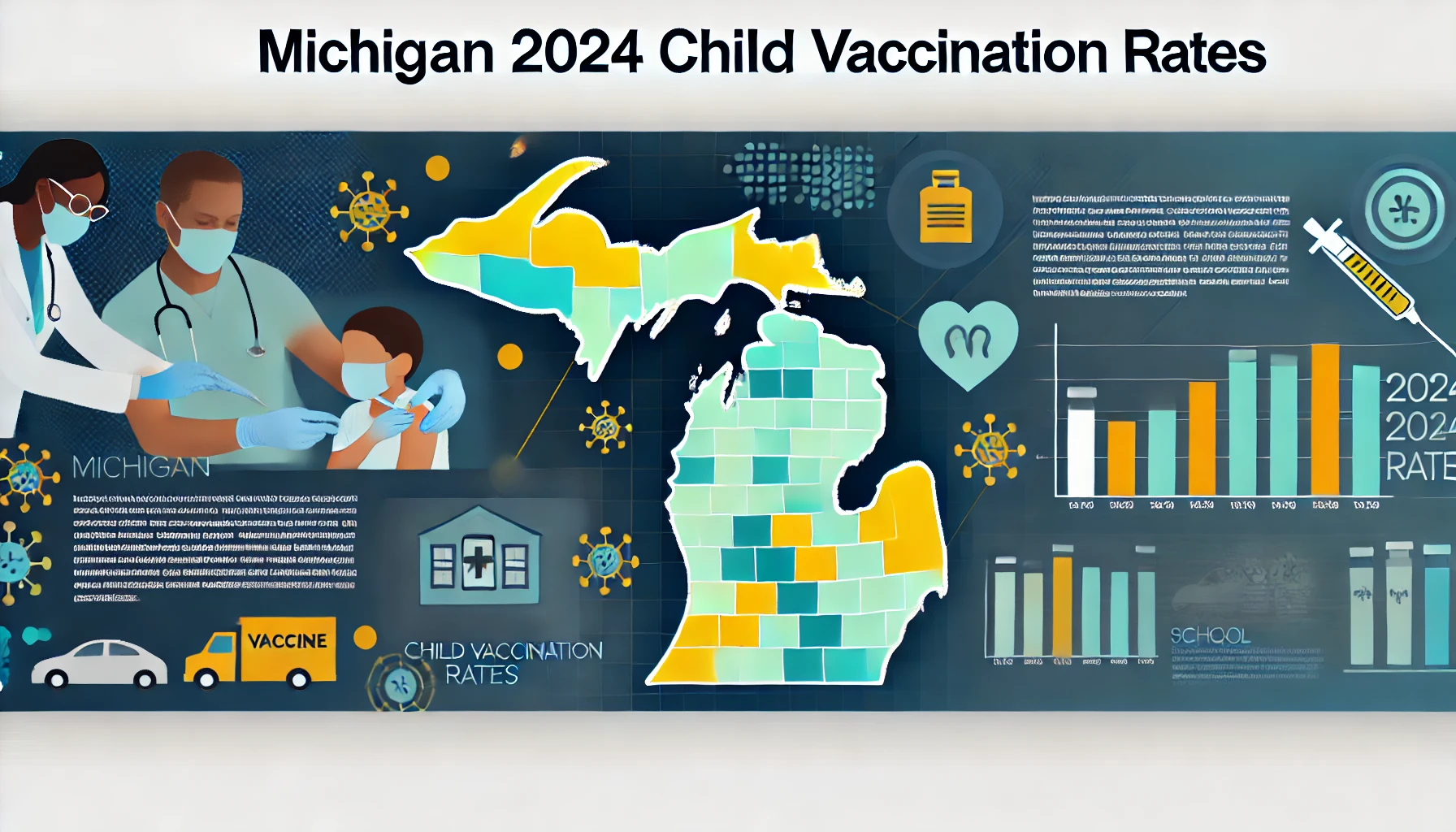Cats are curious creatures, often showing interest in the foods their human companions enjoy. However, not all foods are safe for cats, and some can be downright dangerous. Knowing what foods are harmful to your cat is crucial for keeping them healthy and happy. In this blog, we’ll explore the toxic foods for cats, delve into the specifics of human foods bad for cats, and provide a comprehensive list of foods cats should not eat to help you protect your feline friend. Understanding the Risks: …
Managing diabetes effectively hinges on making smart dietary choices that help regulate blood sugar levels and provide essential nutrients without causing spikes. While medication and exercise play crucial roles, the food you eat can significantly impact your diabetes management. In this blog, we’ll explore the best foods for diabetes, including diabetic superfoods, low glycemic foods, and the best fruits for diabetes that can help you maintain stable blood glucose levels. Understanding the Role of Diet in Diabetes Management Diabetes is a condition that affects how …
Whooping cough, also known as pertussis, is a highly contagious respiratory disease that affects people of all ages, but it’s particularly dangerous for infants and young children. This blog will delve into the critical aspects of whooping cough, from identifying its symptoms to understanding how it’s diagnosed in both children and adults. By the end of this post, you’ll have a comprehensive understanding of this condition, and how to manage and prevent it effectively. What is Whooping Cough (Pertussis)? Whooping cough, medically referred to as …
In today’s fast-paced world, convenience often takes precedence, leading many people to rely heavily on packaged and ready-to-eat meals. However, this shift in dietary habits has introduced a higher consumption of ultra-processed foods, which are increasingly linked to various health risks. Understanding what ultra-processed foods are, their health implications, and how to reduce their intake is crucial for maintaining a healthy lifestyle. In this blog, we’ll explore the definition of ultra-processed foods, the differences between processed and unprocessed foods, and the impact of these foods …
Sloth Fever Virus: The world of viruses is vast and varied, with each pathogen posing unique threats to public health. Among the lesser-known, yet concerning, viruses are the Sloth Fever Virus and Oropouche Virus. These viruses, often linked due to their overlapping symptoms and transmission methods, have garnered attention in recent years due to emerging outbreaks and ongoing research. Understanding the similarities and differences between these viruses is crucial for effective prevention, treatment, and public awareness. In this comprehensive overview, we will dive deep into …
A breast cancer diagnosis can be a life-changing event, and while treatment options like surgery, chemotherapy, and radiation are vital, the role of nutrition in recovery and long-term health is increasingly recognized. A carefully considered diet can help breast cancer survivors not only recover faster but also reduce the risk of recurrence. In this guide, we’ll explore the best diet practices for breast cancer survivors, including specific foods to include, those to avoid, and nutritional guidelines to follow for optimal health. Understanding the Importance of …
Rabies is a serious viral infection that can affect both animals and humans, and raccoons are among the most common carriers of the virus in the United States. Understanding the signs and symptoms of rabies in raccoons is crucial for protecting yourself, your pets, and your community. This blog will delve into how to recognize a rabid raccoon, the behaviors to watch out for, and what actions to take if you suspect a raccoon has rabies. We’ll also discuss the risks of rabies transmission and …
Donating a kidney is one of the most profound gifts a person can offer, potentially saving the life of someone in need of a transplant. However, as with any major medical procedure, it’s natural to have concerns about the risks and long-term effects associated with kidney donation. This blog will explore whether kidney donation is safe, examine the risks involved, and discuss the long-term health impacts on donors. By understanding these factors, you can make an informed decision about whether living kidney donation is right …
Hepatitis is a term that refers to inflammation of the liver, a condition that can be caused by various factors including viral infections, alcohol abuse, certain medications, and autoimmune diseases. Among the most well-known causes of hepatitis are viral infections, specifically Hepatitis A, B, and C. These three types of hepatitis are the most common in the United States and globally, each presenting unique challenges in terms of transmission, symptoms, treatment, and prevention. This blog will delve into the key differences between Hepatitis A, B, …
Vaccination remains one of the most effective tools in public health, preventing the spread of infectious diseases and protecting the most vulnerable populations, including children. In Michigan, childhood vaccination rates have been a topic of increasing concern, especially in the wake of the COVID-19 pandemic. This blog will delve into the current state of childhood vaccination rates in Michigan for 2024, exploring trends, challenges, regional differences, and the impact of exemptions on public health. Michigan Childhood Vaccination Rates: An Overview Current Trends in Michigan Child …









